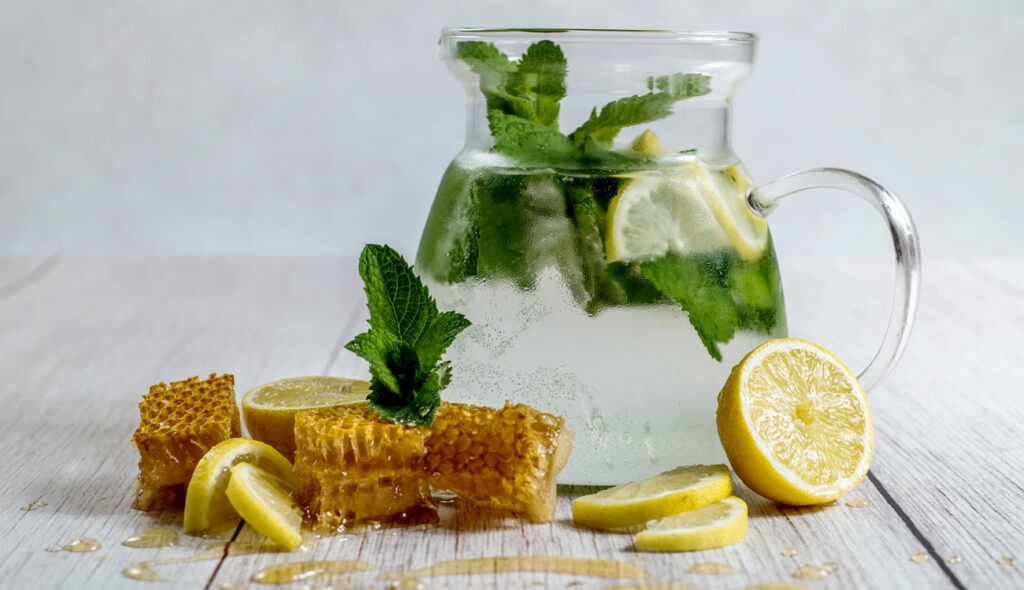
“Christmas isn’t just a day, it’s a frame of mind”
This frame of mind leads some people to begin Christmas preparations as early as January. Personally, as a busy full-time teacher, I frequented that mad dash at the start of the Christmas holidays to buy presents. Fortunately, my wife has “taken the reigns” from this would-be-Santa, where I now only have the responsibility of buying gifts for a few people (mainly for her) – and how grateful I am! These preparations also include the promise of organising to see a wide variety of family and/or friends in each other’s homes, or out in public places.
Yet – arguably for the first time in our history – we face the prospect of a Christmas without the usual carousel of family and friends. For some, this could even mean total isolation, which is a very bleak prospect indeed. There are several experiences we may be forced to forgo for the good of our local community and in the wider national interest. Whether this be a cancelled holiday to Lapland, a Christmas market or a trip to a local garden centre, we will have to explore alternative ways of accessing the same or similar seasonal jollities this Christmas. We have to; our health depends on it.
To support our frame of mind (and body) during the Christmas period and beyond, I would encourage you to celebrate and act on these six principles: sleep, commune, relax, eat, apply and move. Think of this as an opportunity to enhance your merriment, in order to spread a little extra Christmas-cheer this year; heaven knows we need this more than ever. To aid my explanation, I shall reference some Christmas songs to spur you on your merry way . . .
Leona Lewis knows the power of ‘One More Sleep’. It is likely that her routine of sleeping in the song helps her to manage her feelings of separation from the one she loves. Adults need 7-8 hours of sleep, with deep (NREM) sleep aiding our physical reparations, and dream (REM) sleep optimising our memory and mental health, amongst other things. Some of the best, scientifically-supported means for improving sleep include: no stimulants after midday; a bedroom temperature of 18 to 18.5oC; blackout curtains or blinds; fresh air flow; routine bedtimes; hot showers before bed; socks on in bed and blocking blue light and using only red light 3 hours before bed. (Why We Sleep, M. Walker, 2017)
According to an article in the Guardian, the mother of Jim Lea is reported to have wished her son’s band had a song they could release every year. Perhaps thanks to her, forty-seven years later, we still revel in singing together, ‘Merry Xmas, Everybody’ by Slade. I always feel like I’m part of something bigger when singing the song, perhaps in part due to multiple chorus overdubs. Sharing in a group experience provides us with a sense of belonging and purpose. These are part of a larger picture of seven purported psychosocial factors affecting levels of depression (Hari, 2018). Further to this, whilst elbow taps are currently on trend, more significant additions of touch (e.g. handshakes, backrubs, hugs and kisses) provide positive regulation of our hormones, which in turn help to maintain our sense of connection and happiness (Touch, T. Field, 2003).

You can always add lemon and mint to flavour your water
We’ll all need time to relax over Christmas; perhaps even some, ‘Peace’ by Noraj Jones. Biologically, we need to be in “rest and digest” (parasympathetic) mode to relax, rather than fight or flight (sympathetic) mode. To get here, our bodies need to be removed from perceived threats. Unfortunately, our brains can’t differentiate between life-threatening situations and our day-to-day anxieties and responsibilities. You can practice meditation in order to reduce the frequency of negative ideas and rumination, but you can also support this with measures including: mindfulness and mind-emptiness; breathing exercises (e.g. Qi Gong); light movement (e.g. walking in nature, Tai Chi and Yoga); reading a book; colouring books, or a warm bath or foot soak with Epsom salts (Mind.org, 2020).
The abundance of food mentioned in ‘The Twelve Days of Christmas’ perhaps corresponds with an all too familiar enduring feeling of over-indulgence. Things fit to begin with, though inevitably we may start seeing a likeness to Santa in ourselves! To avoid over-eating and wasting food, fill half your meal plates with vegetables, one quarter protein and one quarter healthy fats. This will help to keep you satisfied and gradually reduce cravings. Drink around 2 litres of water throughout the day. Give your body a 5-hour break between meals to allow for proper digestion. Also, eating locally produced, seasonal foods will help to reduce your carbon footprint. According to a study 96 individuals in 2009, habit formation takes on average 66 days; so be kind to yourself in the short-term when trying to make positive, healthy changes to your lifestyle. (Lally et al., EJSP, 2009)
Nearly a decade ago, Elmo and Patsy’s, ‘Grandma got run over by a reindeer’, as she’d wandered out into the cold after too much eggnog and forgetting medication. Nowadays, there are a variety of recipes for eggnog to suit many dietary lifestyles, many of which are tasty without the added alcohol. Still, if you are going to drink alcohol, consider drinking no more than 2 units a day (14 units a week) to stay in line with recommendations from Drinkaware and UK Chief medical officers and avoid the chance of developing acute and long-term illnesses. Of course, if you are on medication, any significant dietary changes or additions should always be discussed with a healthcare practitioner. (Drinkaware, 2020)
Many of us have benefited from free education and healthcare throughout our lives, which have allowed us to prosper. Giving back to others selflessly is not only beneficial to the individuals in receipt of your time and charity, but it will also do wonders for your sense of self-esteem, purpose and happiness (M. Broderick, Harvard Health Publishing, 2019). Band Aid’s, ‘Do They Know It’s Christmas’ reminds us all to utilise our skills for the good of all. If you can donate money, consider splitting donations between local and national charities.

Eggnog is often served chilled, in some cases it is warmed, particularly on cold days
You can also show kindness by volunteering your time and skills to groups and projects like: Cranleigh Street Champions; Cranleigh Village Care; Cranleigh Food Bank; Cranleigh Lions and Rotary Clubs; Cranleigh Men’s Shed; Cranleigh Library; local churches and sports clubs, and many more! Please contact them directly to ask how you can safely volunteer.
As we hope to dash through snow in December, the traditional song, ‘Jingle Bells’ reminds us of the importance of movement over the festive season. Any type movement is long-term investment in your cardiovascular health, as well as your strength and flexibility. I’ve taken to walking in the mornings before breakfast, to get a healthy dose of morning light for better sleep. Further to this, we often use Darryl Edward’s Animal Moves to make movement fun for us and our kids. We love climbing trees, balancing on narrow surfaces and playing games like tag and hide and seek with each other. These acts disguise an increase in functional movement, mobility and strength, whilst also helping us to feel young again. You can also engage in movement snacks wherever possible in your daily routines. For example, whilst you wait for the kettle to boil, put on some Christmas music and dance like nobody’s watching (Primal Play, 2020).
I am hopeful that these ideas will provide you with opportunities to love yourself and others, learn new things and laugh with one another over Christmas. Perhaps most important of all these principles is our sense of community, or more specifically our sense of belonging. Kind and selfless verbal, visual and physical connections made with other humans are so very important for our collective mental and physical health. To quote Robbie Williams’ song lyrics from the title of this article:
A time for change must be here,
So send all your loving out into the world.
It’s your gift.
May we be blessed with a healthier 2021.
Arran is a music educator, who established Surrey Health Collective in 2019 with local health practitioners, as a non-profit group that brings the community together to learn about and share our experiences in health creation. Search for us on social media using: @surreyhealthcollective or visit our website: www.surreyhealthcollective.org











